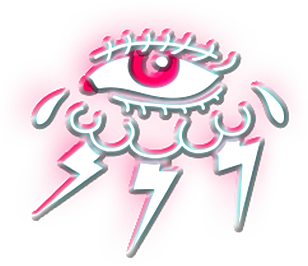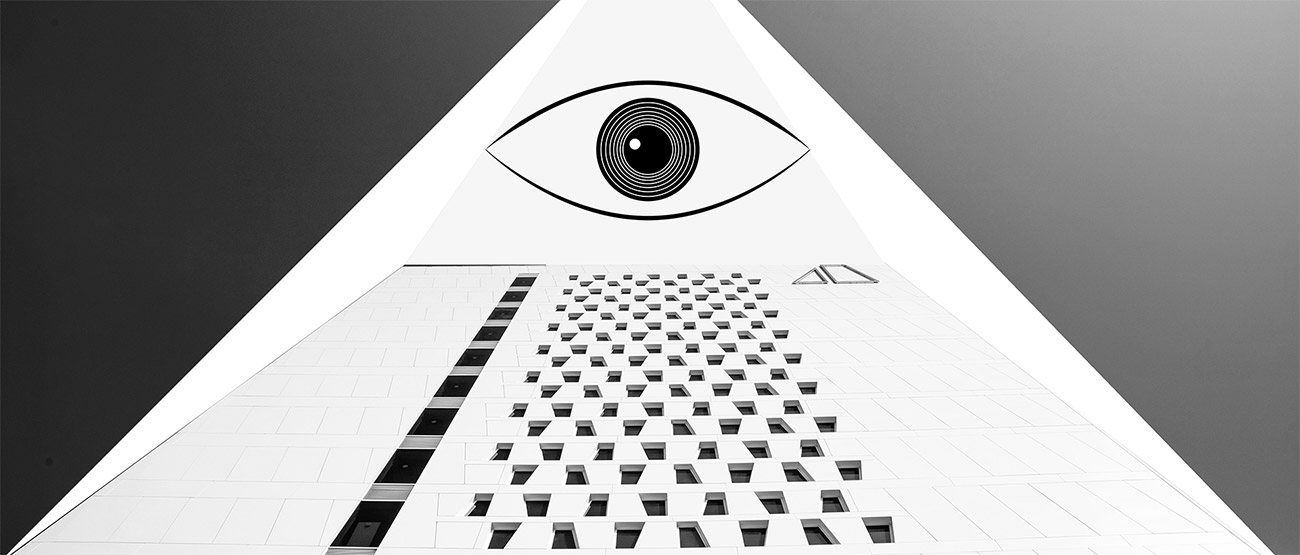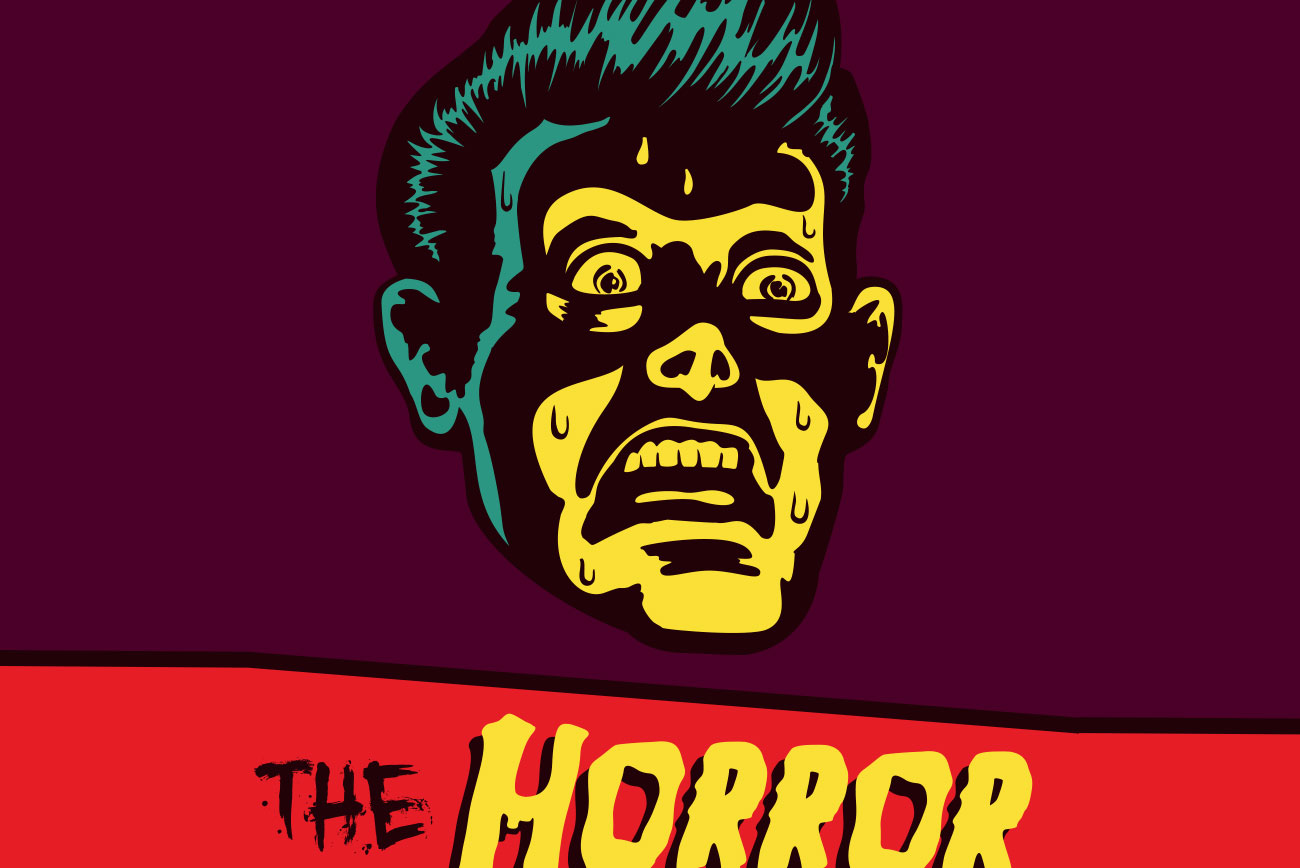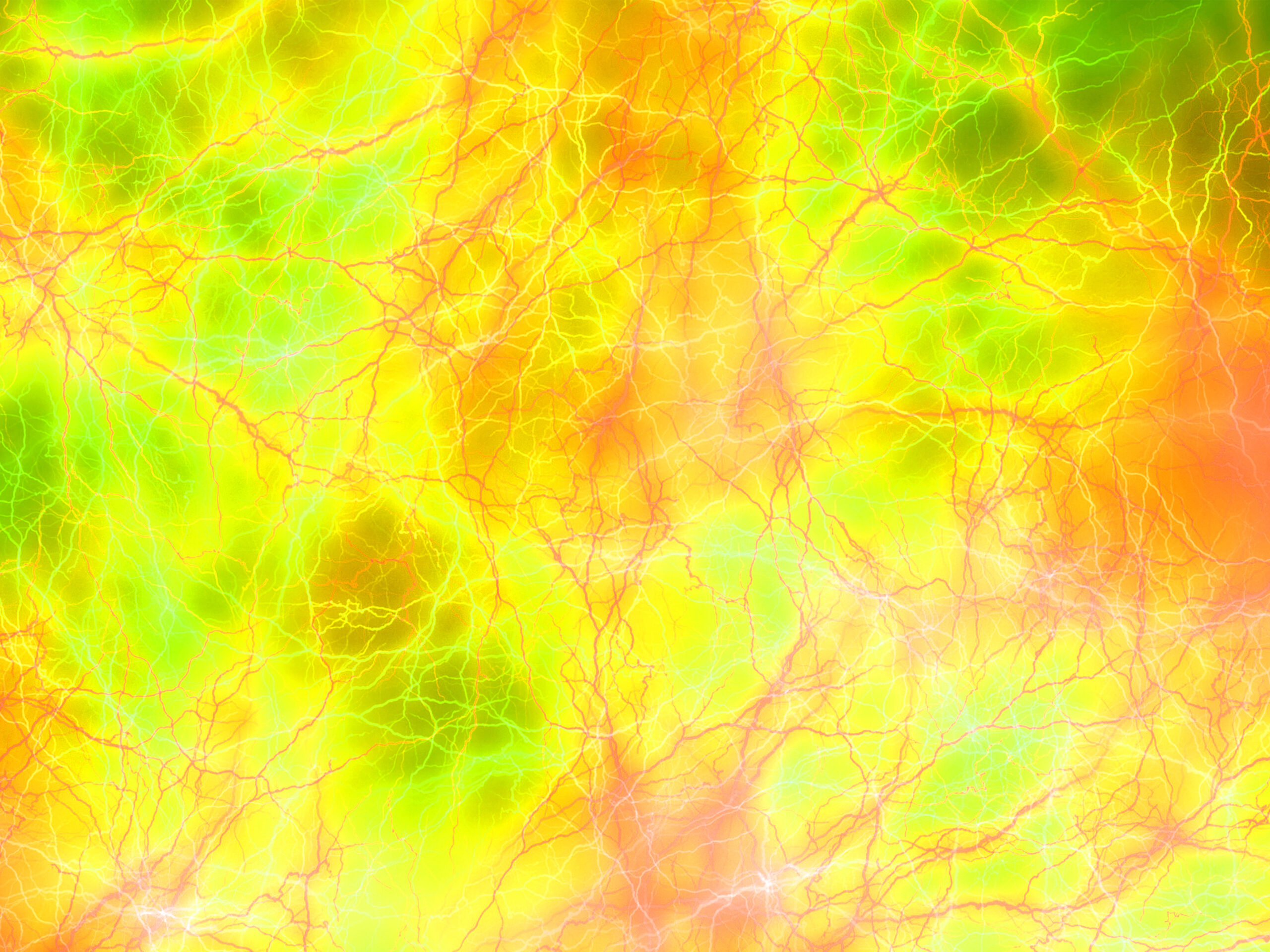Anti-thymocyte globulin (ATG)
Anti-thymocyte globulin (ATG) is an infusion of horse or rabbit-derived antibodies against human T cells and their precursors (thymocytes), which is used in the prevention and treatment of acute rejection in organ transplantation and therapy of aplastic anemia due…
Anti-lymphocyte globulin (ALG)
Anti-lymphocyte globulin (ALG) is an infusion of animal- antibodies against human T cells which is used in the treatment of acute rejection in organ transplantation. Its use was first reported by Thomas Starzl in 1966.[1] Its use in transplant was supplanted by thymoglobulin between 1984 and…
Human chorionic gonadotropin (hCG)
Human chorionic gonadotropin (hCG) is a hormone for the maternal recognition of pregnancy produced by trophoblast cells that are surrounding a growing embryo (syncytiotrophoblast initially), which eventually forms the placenta after implantation. Cole LA (2009). “New discoveries on the…



 Anti-lymphocyte globulin (ALG)">
Anti-lymphocyte globulin (ALG)">



